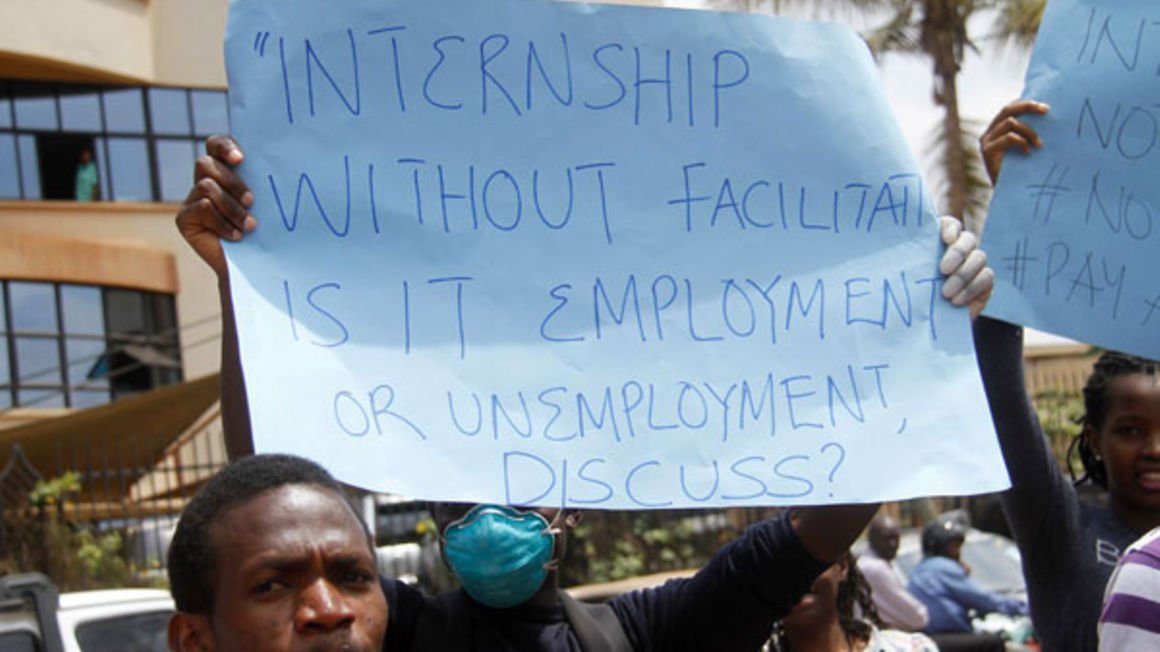Prime
Train and retain medical specialists

What you need to know:
- The issue: Welfare of medical specialists.
- Our view: The President has been passionate about paying scientists well, and indeed, we have seen some of them get considerable pay rise, but this must be at the market rate if we are to entice these highly qualified people to stay. Putting up shiny health facilities with no specialised people to man them would be a waste of time and money.
Since the outbreak of Covid-19 at the beginning of last year, government has invested a lot of money in putting up infrastructure to deal with the pandemic that has stretched healthcare systems around the world.
Only a year before the pandemic ravaged the world, Uganda – with a population of more than 40 million people – had only 55 functional beds in 12 intensive care units (ICUs), according to a study by the Makerere University College of Health Sciences.
Government moved in to close the gap and promised to build at least 10 functional beds in every regional referral hospital. Whereas some facilities got beds, the endeavour has only moved to expose an area that for long hurt Uganda’s healthcare system.
We only have 25 per cent of the specialists we need to man these ICUs, according to a story by Daily Monitor on Tuesday. This is a problem that has been around for ages and needs to be handled once and for all.
For a country that trains about 150 specialists and 500 general doctors every year from nine medical schools, one would wonder why we still grapple with the issue of lack of skilled manpower.
As recently demonstrated by doctors at Soroti Regional Referral Hospital who successfully separated a dead conjoined twin from its sibling, we train capable medical workers who, if well remunerated, would go a long way in improving our health sector.
We are told of great Ugandan doctors who patients meet when they are referred to big hospitals abroad. It has been said before, but it is high time government put a stop to this brain drain and retained the skilled medical workers it has trained.
Just like government introduced a four-year bachelor’s degree programme at Butsitema University to train anaesthesiologists – who work in ICUs as critical care specialists -- if the underlying problem is not solved then we shall end up training them for those who can afford them.
The President has been passionate about paying scientists well, and indeed we have seen some of them get considerable pay rise, but this must be at the market rate if we are to entice these highly qualified people to stay.
Also, the sustained improvement of healthcare infrastructure should lure them to stay since they will have the opportunities to practice what they qualified in to progress in their careers.
Otherwise, putting up shiny health facilities with no specialised people to man them would be a waste of time and money.




